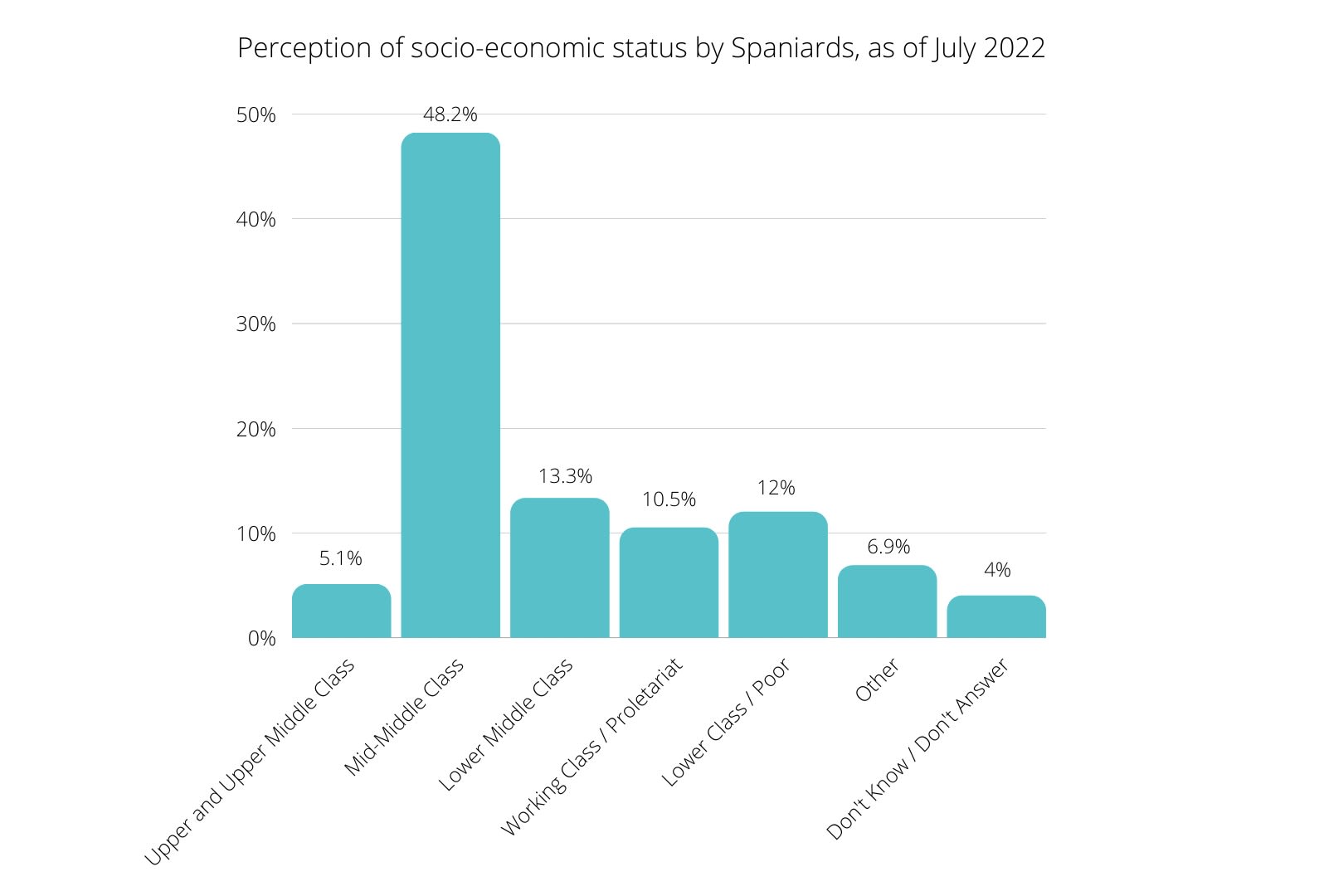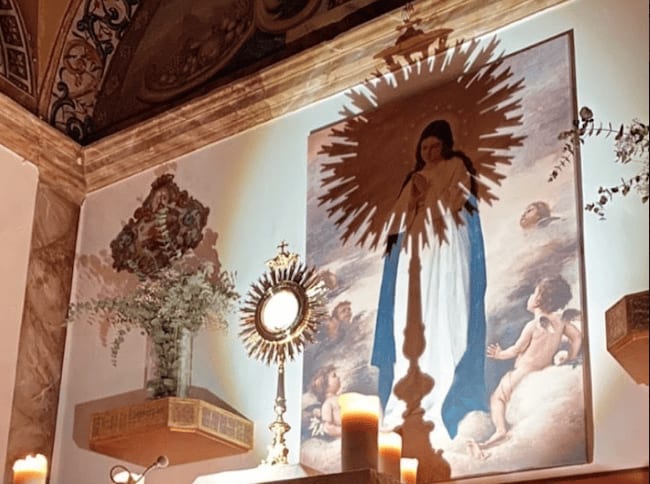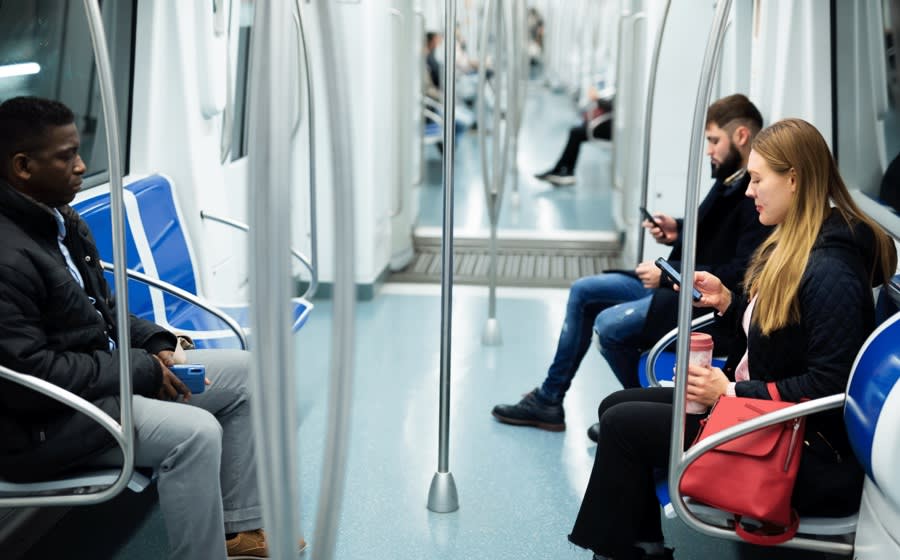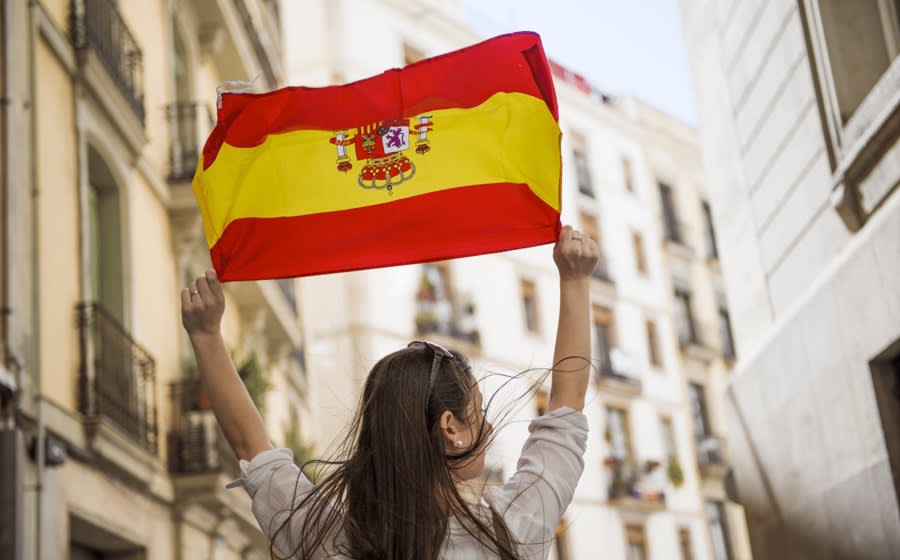Is Spain Diverse? A Beautiful Mix of Culture and Traditions
September 14, 2022
Win a FREE Trip to Spain!
Exciting Announcement! For the first time, we're thrilled to offer exclusive trips to the heart of Spain - an experience like no other. This isn't your typical tourist journey; it's a unique opportunity to immerse yourself in authentic Spanish culture, alongside real locals and our passionate team.
But there's more! Simply by requesting information about this amazing trip, you'll be entered into a special draw to win a Fully Paid Trip to Spain for Two. And that's not all - everyone who inquires will receive an exclusive bonus gift, valued at $500, available only now.
Ready to Discover the Real Spain?Click Here ↑ to Request Information & Enter the Draw!
Everyone’s name is either Maria or Jose. Is this your definition of diversity, Spain? I know it’s hard to picture it now… but let me tell you that Spain, once the most significant influence in Europe and the most powerful country in the WHOLE world, is full of different cultures and people from all over the globe. Not even all Spanish speak Spanish… just saying. Immigration, globalization, and opening to other cultures and viewpoints are gradually broadening the Spanish culture and making it accessible to everyone! I’m here to tell you all the reasons why Spain is a diverse country. Facts about lifestyle, ethnicity data, and share with you some research I’ve done about what makes us unique as a country. Let’s start with race:
Table of Contents ▼ ▶
1. Ethnicity and Race diversity in Spain
The current population of Spain is 47.56 Million People in September 2022, based on World Population Review. People originally from Spain are called Spanish / Spaniards, their ethnicity. The main ones in the country are Spanish 84.8%, Moroccan 1.7%, Romanian 1.2%, and other 12.3%.
But there are also Castilians, Catalans, Basques, Galicians, and Valencians. Never heard of them? Okay, then listen:
Castilians are the ones descended from the Kingdom of Castile. They’re responsible for our official language (Castilian Spanish) and are predominantly Catholic. We could say a big part of Spain’s culture is thanks to them.
The Basque ethnic group lives in the Basque Country and the province of Navarra, located in the North of Spain in a region that is now part of contemporary Southern France and Northern Spain.
Galicians are the ones living in Galicia, in the Northwest, descending from Celtic invaders from the British Isles and also western Europeans who came across the Pyrenees mountains. Catalans are the ones who live in the region of Catalonia and are considered to be one of the oldest ethnic groups.
Valencians are the ones who live in Valencia. Their official language is a variation of Catalan. They’re known for their warm and vivid culture and lifestyle.
Spain’s population has become much more diverse due to immigration in the late 20th and early 21st centuries. From 2000 to 2010, Spain had among the world’s highest immigration rates per person and the second-highest net migration (after the US). Immigrants now are about 10% of the population. And this has continued to change and evolve as the years go by.
I can assure you that walking down the streets, you can see a variety of physical appearances as well. There are a lot of ethnic minorities, such as Andalusians, Gitanos, Levante, Magyars, and Jews. You definitely feel an international vibe when visiting big cities in Spain. Not only Europeans are found here, but also many Northern Africans, Black Africans, Iberian-Americans, and Asians from different countries. Small towns and regions have small communities of people with shared values, making it easier for everyone to find their right spot when coming to Spain!
https://worldpopulationreview.com/countries/spain-population
https://www.myheritage.es/ethnicities/spain/country-ethnicity-distribution
The ethnicities that are most common in Spain according to MyHeritage data and users, are:
| Ethnicity | Percentage |
|---|---|
| Iberian | 85.60% |
| Italian | 35% |
| North African | 21.40% |
| Western European | 20.70% |
| Scandinavian | 13.60% |
| Sardinian | 13.20% |
| Balkan | 10.70% |
| Greeks & Southern Italy | 10.60% |
| Mesoamerican & Andean | 7.70% |
| English | 7.60% |
| Eastern European | 7.20% |
| Ashkenazi Jew | 7.10% |
| Irish, Scottish & Gales | 6.40% |
| Baltic | 4.10% |
| Middle Eastern | 3.10% |
| Asian Occidental | 2.80% |
| Finnish | 2.50% |
| Nigerian | 2.40% |
| Sephardic Jew - North African | 2.20% |
| South Asian | 1% |
What’s the most diverse city in Spain?
Madrid! Spain’s capital city is known for being the most diverse since it’s the center in which almost all immigration is concentrated. It’s a cosmopolitan city that receives thousands of visitors and new people.
2. Cultural Diversity in Spain

What does cultural diversity mean? Well… It’s basically when a society or group contains many different people from different countries of origin, races and religions, and other interests and beliefs. There’s a lot of immigration from Morocco, Romania, Colombia, and Ecuador. Primarily due to economic reasons. While people from the UK, France or Germany come to Spain just to stay and live here (not related to the job)
Diversity is shown by the influence that immigrants have generated in Spain. Some of them even have carried the strength of today’s vital Spanish sectors such as construction, agriculture, and hospitality. They have developed businesses and companies and have generated new jobs for people in Spain. All of this contributes to consumption and the Spanish economy.
Spain has cultural diversity since they embrace and recognize the existence of many other cultures. There’s respect for these differences in the constitution, and freedom of speech and beliefs are guaranteed. The validity of different cultural expressions and contributions is well appreciated because many other communities are getting more empowered to express themselves and create their own activities. They’re now active citizens in Spanish society.
I swear you get a feeling of belonging and unity when you come to Spain, which makes you feel welcomed in this country as an expat.
Lifestyle, Experience and Interests
Some friends believe Spanish people are little or no tolerance for different beliefs and lifestyles each other… I’m here to tell you the good and the bad:
Indeed, many Spaniards feel identified with their region rather than the whole country. Mainly because of history and some problems from the past that I’m not explaining here because it’s out of the point. But the truth is that regardless of where you’re from, culture and traditions are in every corner of Spain, and all of it together gathers the Sensational Spain that we always talk about and love so much!
Socioeconomic Differences
In case you were wondering about social classes and diversity in Spain, I found this survey by Statista in 2022 in which they asked Spanish people, “To which social class would you say you belong?” And these were the answers:

Language Diversity
As ironic as it sounds. Not every Spaniard speaks Spanish. Castilian Spanish is the official language nationwide and the one they speak in the central government. But in Spain, many other regions speak different languages (coming from Spanish), which are official regional languages spoken by natives from each city.
| Language | Percentage of Speakers |
|---|---|
| Castilian Spanish | 74% |
| Catalan (Official in Catalonia, the Balearic Islands and Valencia) | 17% |
| Galician (Official in Galicia) | 7% |
| Basque (Official in the Basque Country and in the Basque-speaking area of Navarre) | 2% |
| Aranese (Official in the Northwest corner of Catalonia - Vall d’Aran) along with Catalan | <5000 speakers |
Religious Diversity in Spain
Everyone’s name is either Maria or Jose. I know it’s easy to assume that Spain is a predominantly Catholic country since almost all well-known locations are full of churches and religious festivities, especially in small towns.

Religion in Spain is primarily Catholic, though, but a significant number of people worship Islam, Judaism, Hinduism, Protestantism, and people who don’t have religion.
In simple words, Spain is no longer considered a catholic country, particularly politically and culturally. The church and the state are separated from each other.
There’s religious freedom guaranteed by the constitution, prohibiting discrimination based on religious beliefs. But Catholicism is essential in most Spanish traditions and customs because it’s already intense in Spain’s roots.
However, Spain’s globalization, immigration, and religious diversity have allowed more people to introduce new communities with their own beliefs. Older people tend to be more catholic, and younger Spanish people are less likely to even have religion nowadays.
Let’s be respectful and not assume that every Spanish person you see is catholic because they’re not.
| Religions | Percentage of Spanish People |
|---|---|
| Roman Catholic | 58.20% |
| Atheist | 16.20% |
| Agnostic | 10.80% |
| Other | 2.70% |
| Non-believer | 10.50% |
| Unspecified | 1.70% |
Source :) https://www.indexmundi.com/spain/religions.html
Age and Gender Diversity in Spain
In Spain, we are said to be old souls. By age, 15.6% of the population is under 16, 42.6% is between 16 and 44, and 41.8% is 45 or more. And… from all Spanish people born in Spain, 49% are male, and 51% are female. And talking about immigrants, 52% are male while 48% are women!
I always joked with my friends about the age difference in some cities. For example, in Pamplona (a small town in the North), there’s an important University full of young people. It’s funny to see that people are either 60 or 18 years old, which is funny until you’re walking back home from partying at 7:00 am and bump into a senior couple having coffee at a terrace… Ups!
Data from the official government: https://www.lamoncloa.gob.es/lang/en/espana/historyandculture/population/Paginas/index.aspx
4. Do foreigners think Spain is a diverse country?
I had a conversation with a few German and Dutch friends, and I want to show you our conclusions - which I have already shared with other friends and they also agree that Spain is a diverse country.
I talked with a few German and Dutch friends, and I want to show you our conclusions - which I have already shared with other friends. And they also agree that Spain is a diverse country.
We could say Spain is considered a country of cultural diversity. I am aware that the government started focusing on social integration and inclusion of immigrants and minorities many years ago to ensure everyone is well received and welcome in our country.
They started to recognize that people who came to Spain from different countries came here to actually stay, develop a family and raise their children due to the high life expectancy and better conditions the country provides compared to their home countries (usually less developed countries).
We’re all aware that immigration happens all over the world. Still, most Latin American countries and even other countries in Europe migrate to Spain in search of a better life. (Some of them because of the party)
And I get it. I mean… Spain has beautiful landscapes, a lot of history, art, literature… Spain is home to the most beautiful and rich cultures in history. People who immigrate are considered part of Spanish culture and society. Their presence and their a to the different communities in Spain are very welcomed and well appreciated. Of course, this means a profound transformation in our country has been happening for a long time. In terms of politics, economics, demographics, and culture! It’s exciting for me to talk about this topic because these people greatly influence our country. -And for the best!
Spain has an identity, and I love that! It feels fantastic to be part of culture open to new ideas and ways of thinking and willing to make you feel included without giving up its roots, traditions, and culture.
Spain can collaborate. Instead of just stealing without giving credit or, even worse, being totally defensive of their own way of doing things.
Cultural diversity is recognized and congratulated! A lot of intercultural activities are promoted by the government of each individual region depending on the people in it.
Of course, that diversity of beliefs, languages, costumes, and origins has brought significant changes and disputes. But I’m sure they’re seen as opportunities to grow now.
This allows a shift in society where immigrants are seen as ordinary citizens instead of just passive people living in Spain. Which adds value to the community and forces people to learn and adapt to new people and cultures.












